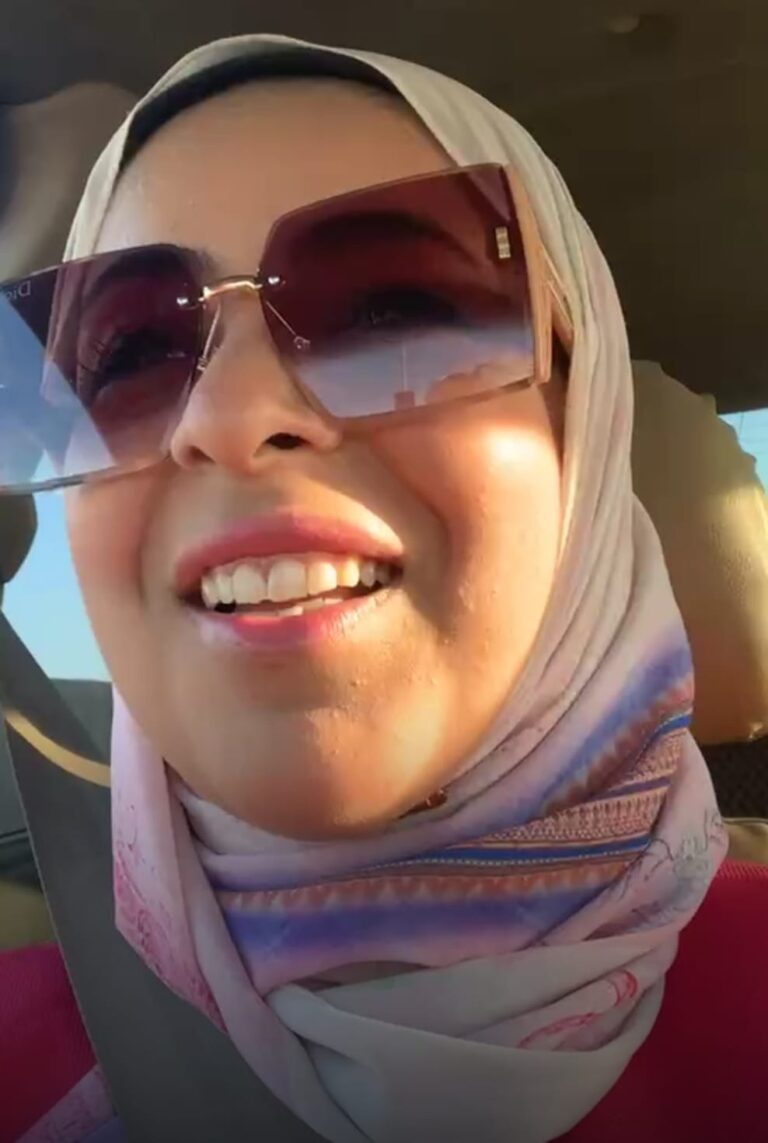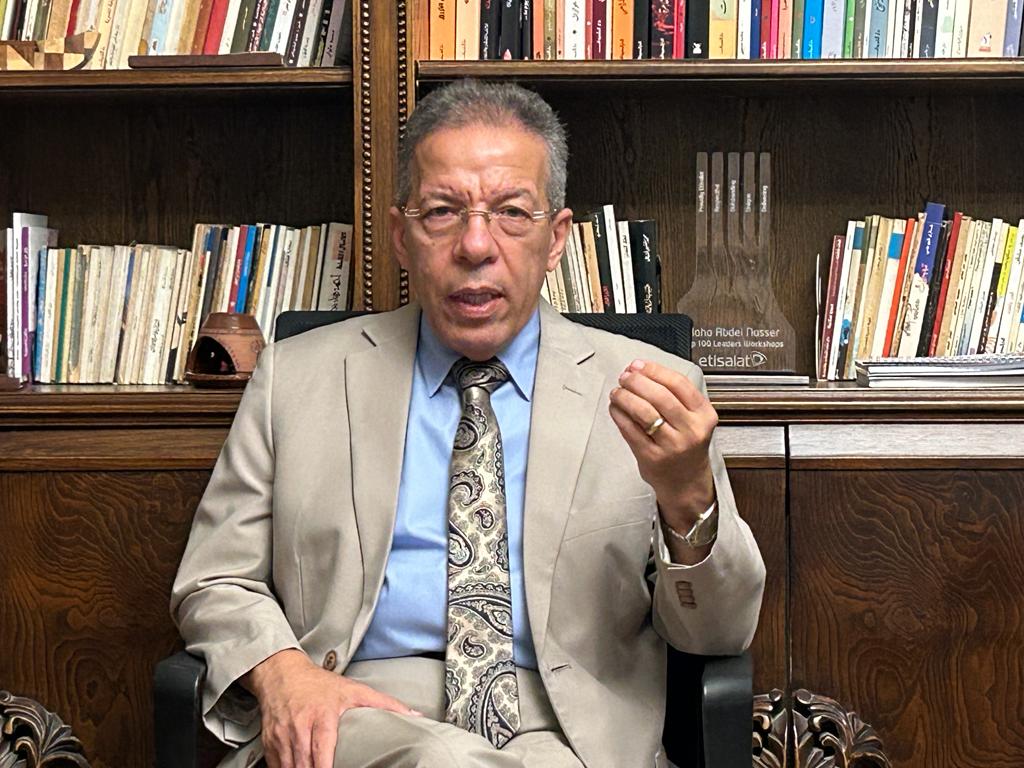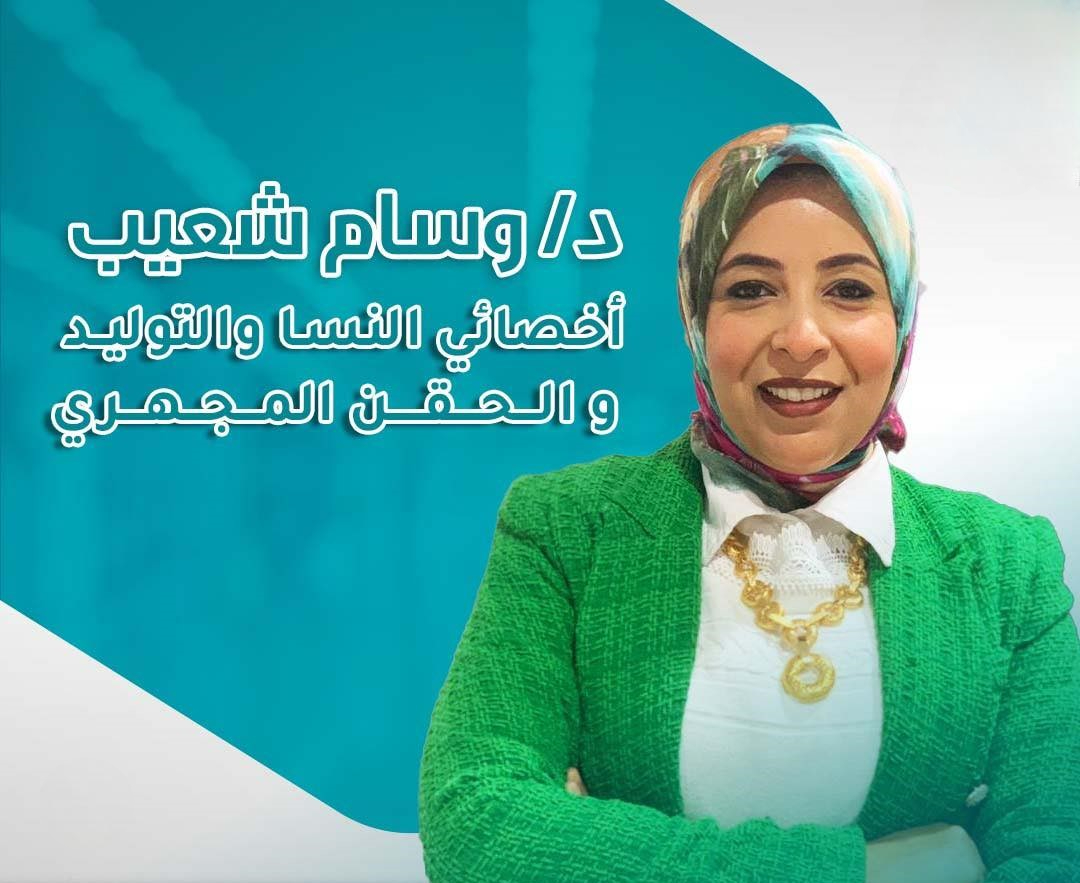via Al-Dostor
In an age where social media amplifies every voice, the ethical boundaries in medicine have been thrust into the spotlight. Recently, Dr Wissam Shoaib, an obstetrician-gynaecologist, became the centre of a heated debate after releasing a controversial video in which she publicly discussed sensitive patient cases. The repercussions of this video have rippled through society, raising urgent questions about patient rights, confidentiality, and the responsibilities of those in trusted medical roles.
Here’s a deep dive into this case and its ethical concerns.
The Incident

In her video, Dr Wissam shared troubling stories about her patients, which she claimed aimed to raise awareness of social issues. These accounts, however, included highly sensitive details, such as cases of underage pregnancy, incest, and extramarital affairs. She attempted to justify her statements, insisting she kept the information anonymous and was simply highlighting societal challenges.
Despite her intentions, the doctor’s video met swift backlash. Both the public and the medical community criticised her for exposing private matters, which many felt violated her profession’s core ethical principles and standards. Given the nature of the cases discussed, the outcry was about patient confidentiality and the potential for harm in exposing such stories to a broad audience without proper sensitivity or privacy considerations.
Mixed Reactions

Dr Wissam’s actions have sparked divided opinions within the medical community. While some colleagues have expressed support, acknowledging her intentions to address pressing social issues, others condemned her approach. Many professionals argue that any attempt at awareness must still align with patient confidentiality standards and medical ethics. Even as they recognise the importance of public health education, they question if her approach may have done more harm than good.
Several doctors have emphasised that private patient matters are unsuitable for public forums like social media. They warn that such publicised cases could deter patients from seeking necessary medical attention, fearing exposure or judgment. This case demonstrates the potential for social media to blur boundaries that, in medicine, should remain clearly defined.
Ethics of Confidentiality

The cornerstone of medical ethics is trust between doctor and patient. When individuals seek medical care, they do so with the expectation that their privacy will be respected, regardless of the nature of their circumstances. In Dr Wissam’s case, her comments on such personal details without consent triggered outrage precisely because they transgressed this basic tenet.
The Egyptian medical code emphasises that doctors must be role models in society, always displaying honesty, professionalism, and discretion. Sharing stories that reveal patient struggles, particularly those involving vulnerable or stigmatised cases, is considered an unforgivable violation in the medical field.

via Al-Wattan
Consequently, in response to the widespread backlash, the Doctors Syndicate announced an in-depth disciplinary hearing to examine Dr Wissam’s conduct. The Syndicate has stated that such violations, if proven, could result in penalties ranging from suspension to removal from the registry, effectively ending her medical career. The Syndicate’s handling of this incident reflects its broader commitment to preserving the integrity of the medical profession in Egypt.
The Administrative Prosecution Authority also took steps to investigate the video’s implications further. Assigning the Women’s Affairs, Human Rights, and Disabilities Unit to the case, they emphasised that such breaches could not only harm patient welfare but also undermine public trust in healthcare institutions. For medical practitioners, this serves as a cautionary tale of the consequences when the sanctity of the doctor-patient relationship is compromised.
Modern-Day Dilemma

As social media increasingly infiltrates all aspects of life, the boundaries of ethical behaviour in sensitive fields like medicine have grown more complex. In seeking to engage audiences, professionals face new challenges that require them to rethink how they approach their practice in an era of instant visibility.
This incident has provoked minds to reflect on whether fame and social media influence are worth the price of compromised ethics, especially in professions that deal with life’s most intimate matters. Critics argue that, regardless of intentions, the pursuit of visibility must never eclipse a professional’s duty to protect those they serve.
As the Doctors Syndicate continues to address this incident, it may need to establish stricter protocols for handling sensitive information, particularly in the digital sphere. This case serves as a vital opportunity to reinforce the foundational values of confidentiality, empathy, and responsibility within the medical community. For the public, it also serves as a reminder of the need to protect personal boundaries, even as social media continues to reshape societal norms.







